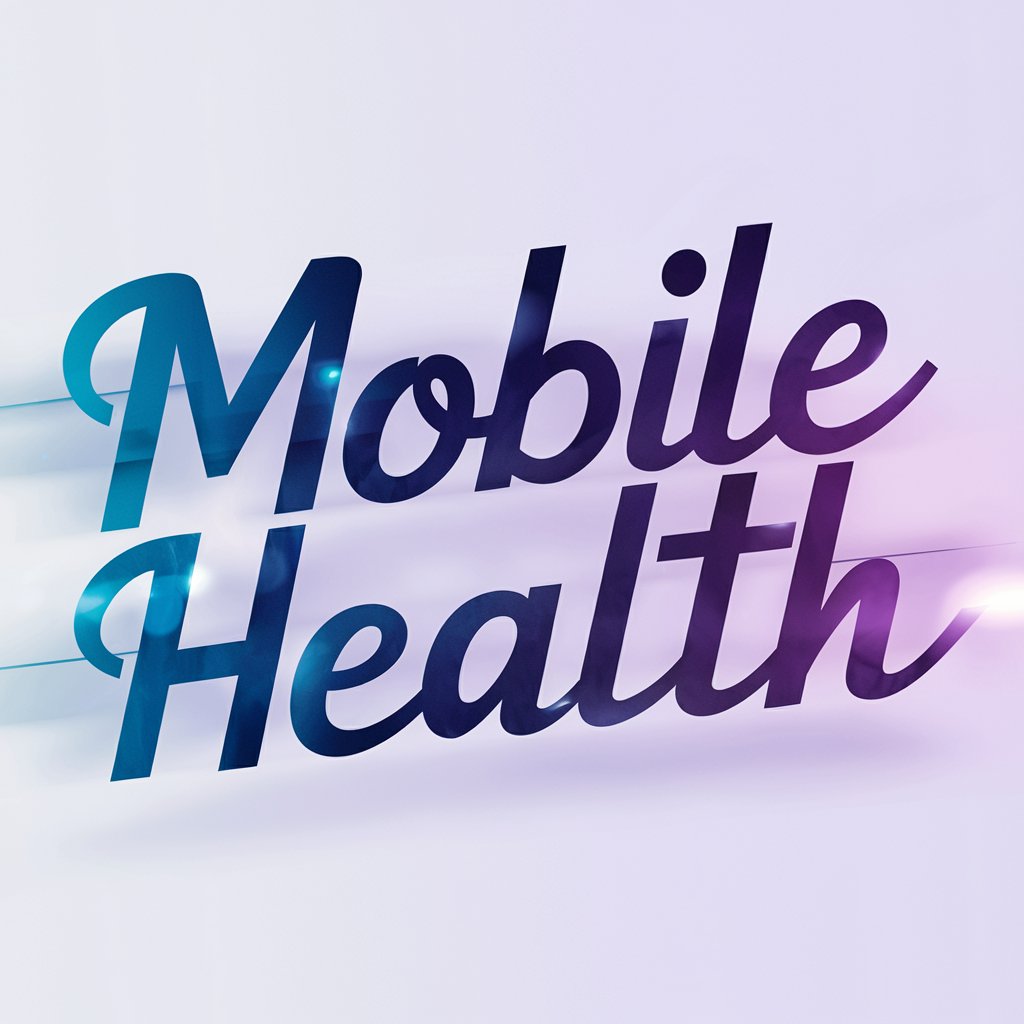Two of the factors driving the use of mobile health are the geographical restrictions and healthcare shortages faced by the industry. Nonetheless, the majority of people in the general public do not fully get what it is. This is the cause of many users’ attitudes regarding the technology. We will define mobile health and examine some aspects of its importance in this article.
What Is Mobile Health?
mHealth, or mobile health, is the use of digital mobile devices and software to support public health and medical practice. This is a simple approach to define mobile health. Through the use of wearables, tablets, and smartphones, mobile health technology supports and improves patient health and medical care. It should be emphasized that today’s fast-paced digital world has resulted in the creation of mobile healthcare technology that is used in a variety of healthcare institutions.
The applications for mobile health technology include everything from data collection and health monitoring to diagnostic and therapeutic interventions. The key components of mobile health include telemedicine services, mobile device access to electronic health information, and SMS-based health treatments. These characteristics are included in mHealth devices created by experts like Empeek. Every one of these has a distinct function in guaranteeing the effectiveness and streamlining of medical procedures. It should be mentioned that the need for more adaptable patient-centered healthcare solutions and the rising use of mobile technology are the main forces behind the widespread acceptance of mHealth.
The Importance of Mobile Health
The notion of “What is mHealth?” is further clarified by the following benefits of mHealth.
Accessibility is essential when you define mobile health
Accessibility to a wide range of patients and healthcare providers is one of the features of mobile health that is reflected when you define mobile health. This accessibility fills the void in rural areas. Mobile health technology allows patients to access diagnosis, treatment, and consultations in underserved and rural areas where there are few medical personnel and facilities.
Crucially, mHealth provides access to comprehensive care that meets the needs of people with disabilities. Several of these mobile health devices come with capabilities like text-to-speech features, voice commands, and big print options that are intended to help people with different kinds of disabilities. This guarantees that people with disabilities can take advantage of healthcare services whenever it is convenient for them.
Real-time monitoring protects health and saves lives
A critical element of mobile health (mHealth), which uses technology to continuously track and report health indicators, is real-time monitoring. This describes the features and support provided when you define mobile health. Additionally, it aids in the early detection of some chronic illnesses that may be fatal to patients or seriously harm their health. This assists in developing preventive strategies and evaluating patient responses to care plans in real time.
Conclusion
This article endeavors to define mobile health and highlight two key benefits of mobile health for both patients and medical professionals. Although the use of this technology increases productivity in the healthcare industry, care must be given in its development. This is essential to guarantee patient data security and adherence to medical regulations like HIPAA.






